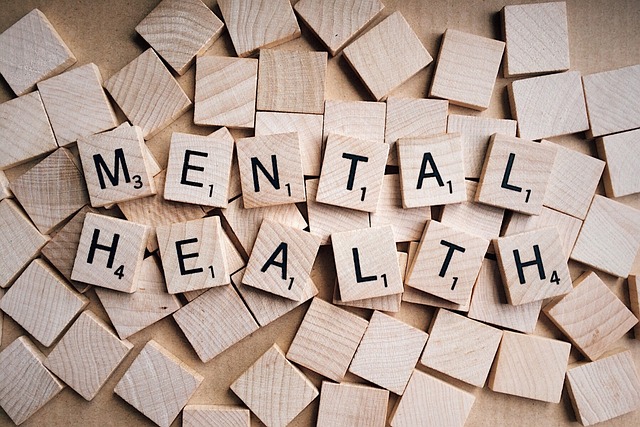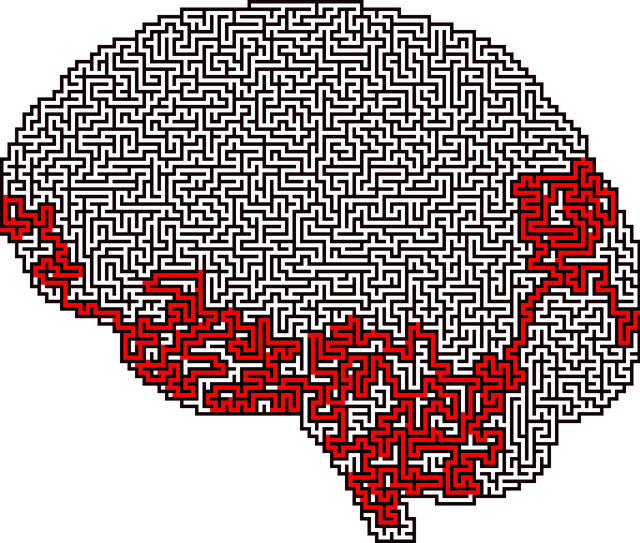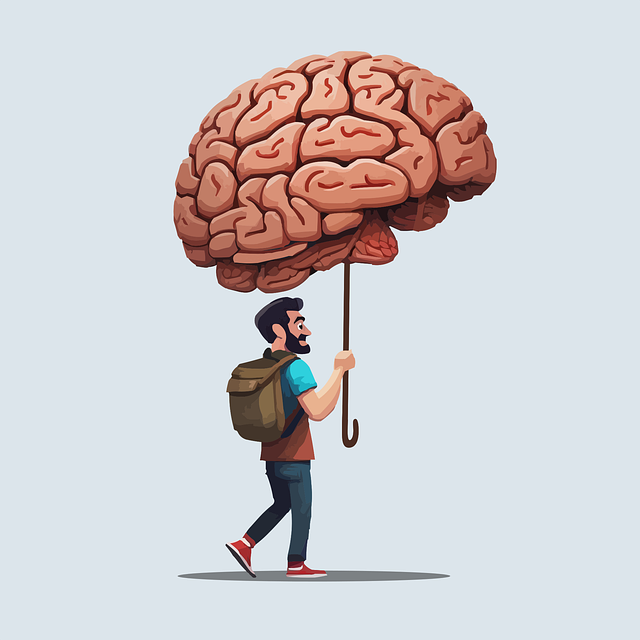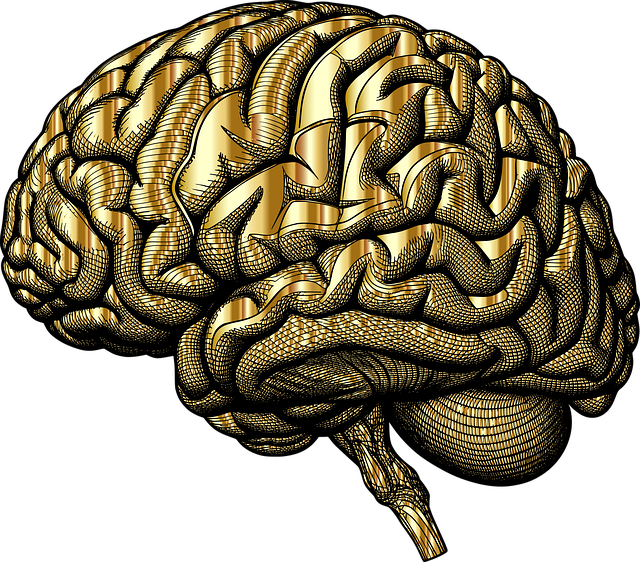Trauma from adverse experiences like abuse or violence deeply affects children's emotional and behavioral development, leading to issues such as anxiety, depression, and concentration problems. Therapy for Children Sexual Addiction is a crucial tool to address these challenges, helping them build resilience, process experiences, regulate emotions, and foster healthier interactions. This involves specialized therapeutic methods like play or art therapy, creating safe spaces for expression. Early intervention with approaches like cognitive-behavioral therapy (CBT) and Eye Movement Desensitization and Reprocessing (EMDR) can prevent addiction progression. Mental wellness podcasts also share stories, promote understanding, and support emotional healing within communities. For optimal care, mental health professionals must prioritize self-care and implement innovative approaches tailored to each child's unique needs.
Trauma support services play a crucial role in helping children cope with the profound effects of traumatic experiences. This article delves into understanding trauma and its unique impact on young minds, highlighting the importance of identifying and providing effective support. We explore various therapy approaches, focusing specifically on addressing children’s sexual addiction—a complex issue demanding specialized care. By examining these key aspects, we aim to emphasize the vital role professionals play in fostering healing and recovery through tailored therapeutic interventions.
- Understanding Trauma and Its Impact on Children
- Identifying and Providing Effective Support Services
- The Role of Therapy in Addressing Children's Sexual Addiction
Understanding Trauma and Its Impact on Children

Trauma can have profound effects on children, shaping their emotional and behavioral development. It’s crucial to understand that trauma isn’t just a one-time event; it’s a response to overwhelming circumstances that can disrupt a child’s sense of safety and security. This could result from various experiences such as abuse, neglect, or exposure to violent events, leading to long-lasting psychological scars if left unaddressed.
Children affected by trauma may exhibit a range of symptoms, including anxiety, depression, and difficulty concentrating. They might also develop unhealthy coping mechanisms or struggle with trust and intimacy, especially in relationships. Therapy for Children Sexual Addiction is one critical aspect of addressing these complex issues. Building resilience through therapy can help children process their experiences, regulate emotions, and develop healthier interactions with themselves and others. Moreover, mental wellness podcast series production can offer accessible platforms for sharing stories, promoting understanding, and fostering emotional healing processes within communities.
Identifying and Providing Effective Support Services

Identifying and providing effective trauma support services is a multifaceted process that requires a deep understanding of the unique needs of individuals affected by traumatic experiences, especially children who have endured sexual addiction. Therapy for Children Sexual Addiction must go beyond traditional methods to incorporate innovative approaches tailored to their age and developmental stage. This may include specialized play therapy, art therapy, or group sessions designed to foster safe spaces where children can express themselves freely.
Effective support services also necessitate a comprehensive understanding of self-care practices for mental health professionals involved in trauma work. Burnout prevention strategies for healthcare providers are crucial, as they must manage their own emotional well-being to offer consistent and compassionate care. Additionally, robust risk management planning for mental health professionals ensures the safety of both clients and practitioners, addressing potential risks and implementing mitigation strategies within the service provision framework.
The Role of Therapy in Addressing Children's Sexual Addiction

Children’s sexual addiction is a complex issue that requires specialized support and therapy to address effectively. Therapy plays a pivotal role in helping young individuals process and overcome their experiences, fostering emotional well-being promotion techniques. Through structured sessions, therapists can provide a safe space for children to express their feelings, understand their behaviors, and develop healthy coping mechanisms. This is particularly crucial as early intervention can significantly prevent the progression of addiction and associated mental health issues like depression.
The process often involves various therapeutic approaches tailored to the child’s needs, including cognitive-behavioral therapy (CBT) and trauma-focused therapies. CBT helps children identify and change negative thought patterns and behaviors related to their sexual addiction. Meanwhile, trauma-focused therapies, such as eye movement desensitization and reprocessing (EMDR), assist in processing traumatic memories, reducing the impact of past experiences on present behaviors. Additionally, organizations offering stress management workshops can complement these efforts by teaching children and parents effective stress mitigation strategies, further bolstering recovery and overall resilience.
In addressing trauma support services, especially for children affected by sexual addiction, understanding the profound impact of trauma and its unique manifestation in young lives is paramount. The article has highlighted the importance of identifying and providing effective support through a combination of specialized therapy for children’s sexual addiction and nurturing environments that foster healing. By integrating these strategies, we can ensure that children receive the comprehensive care they need to overcome their struggles and thrive in a safe, supportive setting.








